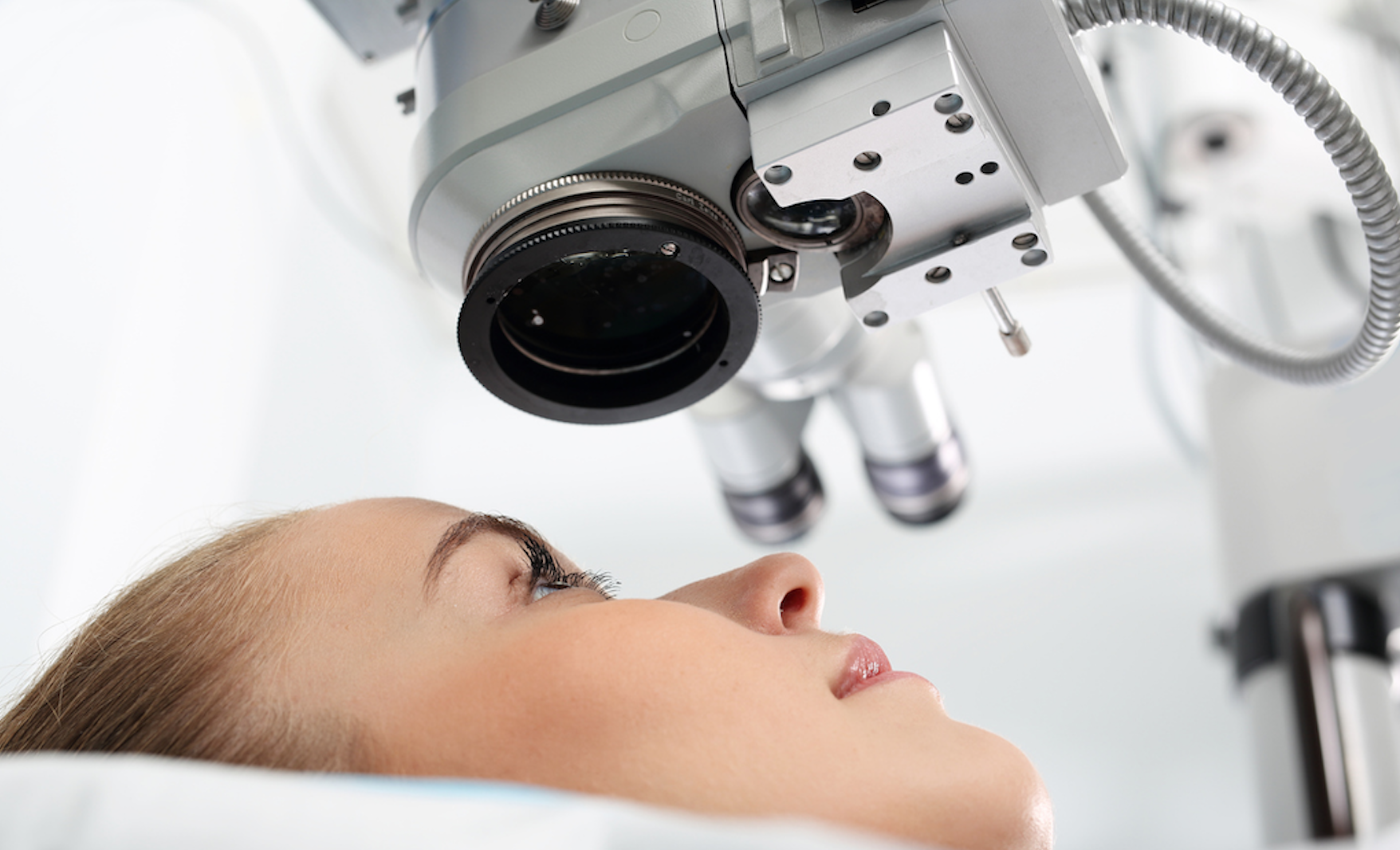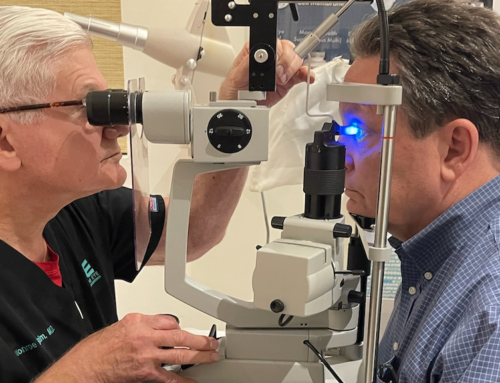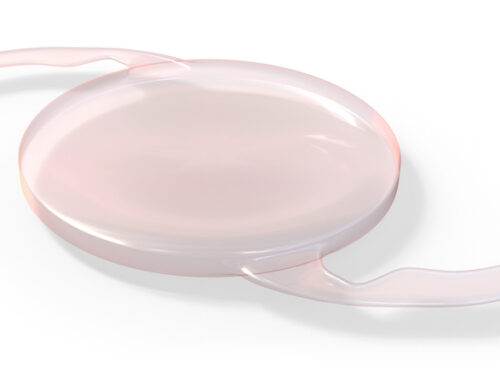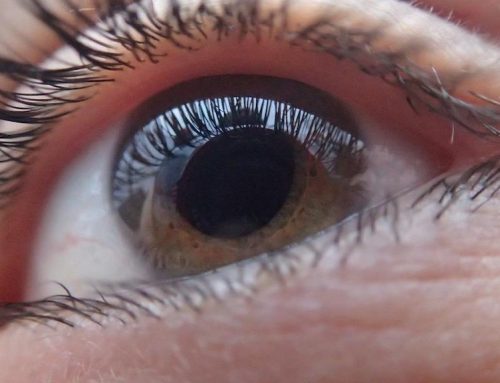
Vision is one of the many ways we experience the world. Sometimes, based on the natural shape of our eyeballs or corneas, that vision can become blurred. When it does, contact lenses or glasses can help to temporarily improve our visual clarity. However, if you’re looking for an option with greater potential for permanency, you might consider refractive lens exchange surgery or LASIK eye surgery.
Here are the differences between the two types of eye surgeries and the benefits of each.
Refractive lens exchange surgery
What is refractive lens exchange surgery?
Refractive lens exchange surgery is a procedure that helps correct nearsightedness, farsightedness, and astigmatism or the combination of these. Ideally for adults ages 50 or older, refractive lens exchange surgery can potentially help reduce or remove the need for glasses or contact lenses. If you don’t qualify for laser eye surgery, like LASIK eye surgery, your doctor may recommend refractive lens exchange surgery as an alternative.
During refractive lens exchange surgery, the eye’s natural lens is replaced with a clear artificial lens. This is called an intraocular lens (IOL) or an “implant.” Your eye doctor will make a small incision at the edge of your cornea, take out your natural lens and replace it with the implant.
What is the difference between refractive lens exchange surgery and cataract surgery?
From a procedural standpoint, cataract surgery and refractive lens exchange surgery are exactly the same. The only difference is that — during cataract surgery — the eye’s natural lens has become clouded by a cataract and the goal is to remove the lens for that reason so vision can be restored.
In refractive lens exchange surgery, the eye’s natural lens is removed and replaced in order to correct vision and eliminate the need for contact lenses or glasses.
What are the benefits of refractive lens exchange surgery?
Ideal for older adults, refractive lens exchange surgery is beneficial for those who have a high prescription and may not qualify for LASIK eye surgery or for people who may show early signs of cataracts.
According to the National Eye Institute, early signs of cataracts may include:
- Cloudy or blurry vision
- Faded colors
- Difficulty seeing at night
- Lights appearing overly bright
- Halos around lights
- Double vision
- Frequent changes in your glasses prescription
If you experience any of these symptoms, make an appointment with your ophthalmologist.
LASIK eye surgery
What is LASIK eye surgery?
LASIK (which stands for “Laser-assisted in situ keratomileusis”) is a type of refractive surgery that helps correct vision problems, such as nearsightedness, farsightedness or astigmatism.
LASIK refractive surgery alters the shape of the cornea leaving the eye’s natural lens in place. This leaves the fact that the eye’s natural lens will become cataracts in later life. A second surgery will be required in each eye to remove the cataract. Refractive lens exchange makes this second eye surgery unnecessary.
If you’re nearsighted, your eyeball may be slightly longer than what’s typical or the cornea may curve too harshly. When that occurs, light rays focus in front of the retina and blur distant vision. Conversely, if you have a shorter than normal eyeball or a flatter cornea, light may focus behind the retina instead of on it, blurring your near vision.
LASIK eye surgery can help correct both of these problems, as well as astigmatisms (when the cornea curves or flattens unequally).
What are the benefits of refractive lens exchange surgery?
During LASIK eye surgery, a special cutting laser is used to change the shape of your cornea. As a result, LASIK eye surgery can potentially improve vision, reducing or even eliminating the need for glasses or contact lenses.
According to the American Academy of Ophthalmology, you may be a good candidate for LASIK eye surgery if:
- You’re 21 or older (when your vision changes less).
- Your eye prescription has stayed pretty much the same over the past year.
- The specific refractive issue you’re experiencing can be treated by LASIK.
- Your corneas are thick and healthy and you have overall good eye health.
If these descriptions don’t apply to you, talk to your doctor about alternative options to correct your vision, such as refractive lens exchange surgery.
To make an appointment with our ophthalmologist, Dr. Benaim, call (561) 747-7777.
 New Address:
New Address:



